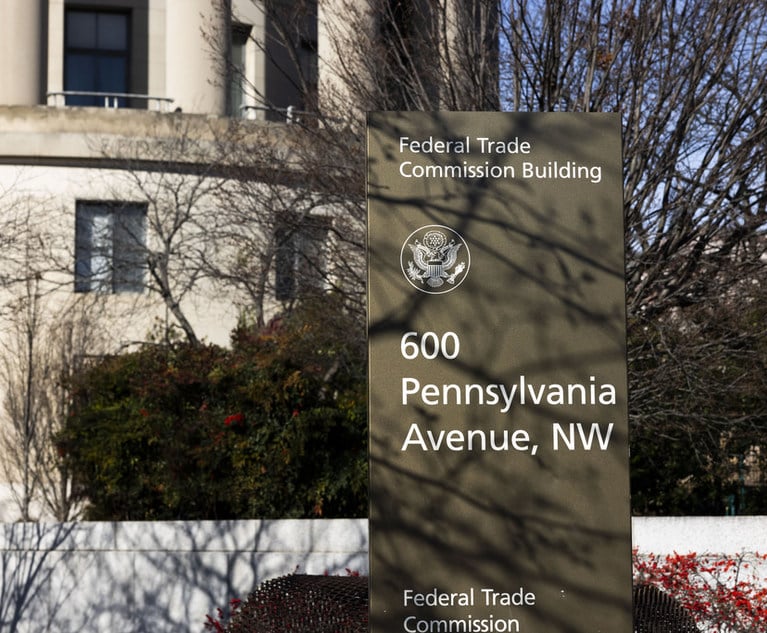The American Association of Public Insurance Adjusters (AAPIA)believes it is important to respond to a recent story in which the Florida Office of InsuranceRegulation (OIR) is quoted as stating the Florida Supreme Court'sdecision in Atwater v. Kotrum is notfavorable for policyholders and "will have an adverse impact andconsequences for Florida's homeowners," adding that the 48-hour banon public adjuster contact with claimants was "enacted to protecthomeowners from additional cost drivers to their insurance rates"and that "ultimately, all Florida consumers pay the price inincreased premiums when claims are inflated for somepolicyholders."
|Such remarks could be construed as fear mongering about servicesperformed by public insurance adjusters.
|Even more telling, the facts and recent history in Florida donot support the OIR's comments. Since the 2008 enactment of theFlorida statute imposing a 48-hour ban on public adjustercontact with claimants, insurers have significantly raised theirpremiums for homeowners' coverage in the state of Florida.
|Thus, the OIR's concern about the impact ofthe Atwater v. Kotrum decision on policyholdersclearly misses the mark. During the 45-month period when the48-hour ban on public adjuster contact with claimants has been ineffect, Citizens Property Insurance Corp. has continued to raisepremiums for Florida policyholders.
|Using the OIR's analysis, policyholder premiums should havedecreased or, at a minimum, remained stable during this period whenthe 48-hour ban on public insurance adjuster contact with claimantswas in effect.
|[The] article also offers remarks about publicadjusters made by an executive vice president of trade group TheFlorida Insurance Council (FIC) that "There is no need for a pubicadjuster – who must be paid by the policyholder," adding "…insurersdo a good job fairly settling claims. If there is a problem, thestate has an arbitration process. If no agreement is still reached,policyholders can call an attorney."
|From these remarks, the FIC would eliminate the use of publicinsurance adjusters entirely. This opinion ignores the FloridaLegislature, Office of Program Policy Analysis & GovernmentAccountability (OPPAGA) January2010 report about public adjuster representation ofpolicyholders in claims insured by Citizens Property InsuranceCorporation.
|The OPPAGA report analyzed Florida's public adjuster law andanalyzed data for all claims filed with Citizens from March 2008 toJune 2009 for a total of 76,321 claims–of which 21,545 had publicadjuster representation, compared to a group of 54,776 claims thathad either no representation or were represented by someone otherthan a public adjuster.
|For catastrophic claims the difference in payments was 747%higher and for non-catastrophe claims the difference in paymentswas 574% higher for those policyholders who used a publicadjuster.
|Twenty-four years before the Florida Supreme Court decisionin Atwater v. Kotrum, the Pennsylvania SupremeCourt struck down as unconstitutional a provision in Pennsylvania'sPublic Adjuster Licensing Act of 1983 (which imposed a24-hour ban on public adjuster solicitation of a client after afire, other catastrophe or other occurrence) as violating the freespeech rights protected by the U.S. Constitution and PennsylvaniaConstitution.
|In doing so, the Pennsylvania Supreme Court cited a UnitedStates Supreme Court decision in Central Hudson Gas& Electric Corp. v. Public Service Commission of NewYork that established a four-prong test used to evaluate theconstitutionality of a statute regulating commercial speech. TheFlorida Supreme Court decision this month in Atwaterv. Kotrum likewise applied the four-prong test toaffirm that Florida's 48-hour ban on all public adjuster-initiatedcontact with potential claimants is likewise a violation of thecommercial free speech rights of public insurance adjusters.
|The Florida Association of Public InsuranceAdjusters and the public adjusting profession should becommended for successfully challenging, on constitutionalgrounds, Florida's 48-hour ban, as abridging thecommercial free speech rights of public insurance adjusters.
|As the Supreme Court of Pennsylvania correctly observed longago, contacting the victims of a disaster within 24 hours of thedisaster is often necessary in order to locate the property ownerbefore he moves to an unlisted, temporary location because of thedisaster.
|It should be obvious that public insurance adjusters do servethe insured well in the role as consumer advocates for thepolicyholder who suffered a loss.
Want to continue reading?
Become a Free PropertyCasualty360 Digital Reader
Your access to unlimited PropertyCasualty360 content isn’t changing.
Once you are an ALM digital member, you’ll receive:
- All PropertyCasualty360.com news coverage, best practices, and in-depth analysis.
- Educational webcasts, resources from industry leaders, and informative newsletters.
- Other award-winning websites including BenefitsPRO.com and ThinkAdvisor.com.
Already have an account? Sign In
© 2024 ALM Global, LLC, All Rights Reserved. Request academic re-use from www.copyright.com. All other uses, submit a request to [email protected]. For more information visit Asset & Logo Licensing.








